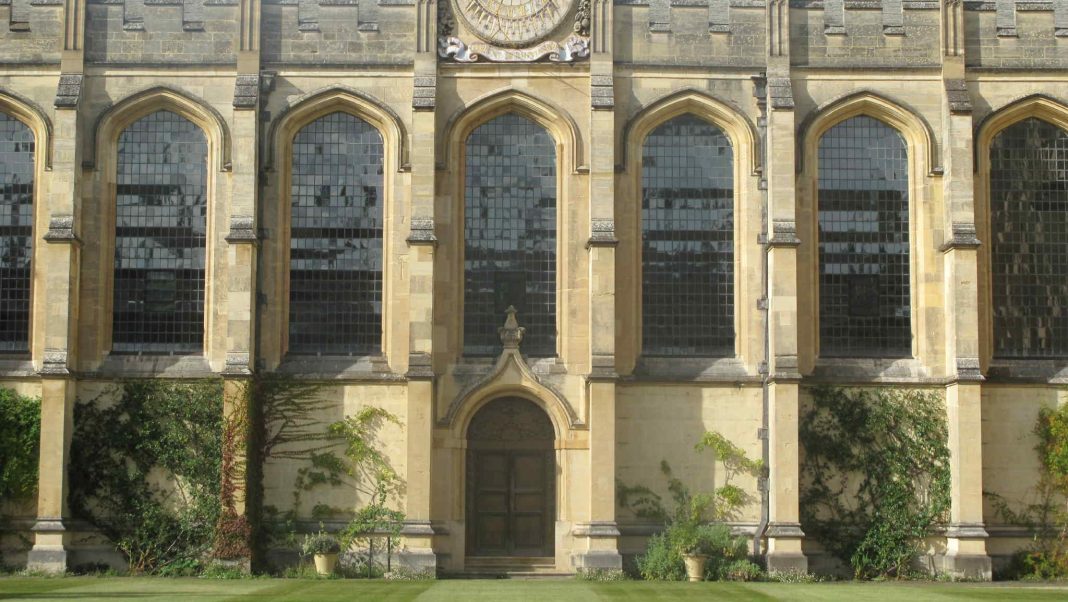More current world leaders have studied at Oxford University than any other higher-learning institution except Harvard University, according to the latest annual Soft-Power Index published by the Higher Education Policy Institute (HEPI) and the educational services organisation Kaplan.
The results measure the educational soft power of different countries by counting how many monarchs, presidents, prime ministers, or similarly high-ranking government figures from other countries graduated from their higher-level education institutes. The results of the index reveal that Harvard has 15 current world leaders among its alumni, whilst Oxford has 12.
Soft power is defined as a state’s ability to influence the foreign policy of other countries through ideas and cultural influence, rather than military pressure or force. Universities influence the soft power of countries by imparting ideas and cultural knowledge. Higher education can improve a country’s global perception and partnerships, with some international students becoming advocates for their host countries after returning home.
In response to the index, Vice-Chancellor Irene Tracey said: “That so many world leaders have studied at Oxford speaks to the transformative power of education – to shape ideas, deepen understanding, and inspire service on the global stage.”
The findings also show that five of the top six global institutions for educating world leaders in the Soft-Power Index are located in the UK. The Royal Military Academy Sandhurst educated eight world leaders, the University of Manchester educated six, the University of Cambridge educated five, and London School of Economics educated four.
In total, 59 of the 170 leaders who studied outside their home countries did so in the UK – they collectively represent over a quarter of countries across the world. These leaders include Alexander Stubb, President of Finland; Mark Carney, Prime Minister of Canada; Viktor Orbán, Prime Minister of Hungary; Abdullah II of Jordan; and Naruhito, Emperor of Japan.
The results of the HEPI 2025 Soft-Power index suggest that the educational soft power of both the US and the UK has remained stable over the past year. In 2024, 70 current heads of state were educated in the US and 58 current heads of state were educated in the UK. However, the number educated in France has fallen from 28 to 23, whilst the number who studied in Russia has risen from 10 to 13.
The release of the 2025 Soft-Power Index follows the creation of a Soft Power Council, announced in January 2025. This is a government advisory board dedicated to promoting the UK’s economic growth and international partnerships. The Council has 26 members, including the Provost of Oriel College, Neil Mendoza CBE, and the BBC Studios CEO Tom Fussell.
Nick Hillman, the director of HEPI, welcomed both the Soft Power Council and the government’s promotion of education exports, but also said that the initiatives were “counterbalanced by the incoming levy on international students, huge dollops of negative rhetoric and excessive visa costs”.The Vice-Chancellor of Manchester University, Duncan Ivison, said that the UK has a “once-in-a-lifetime opportunity to make the UK the global destination for the best and brightest in the world given what is happening elsewhere”.


